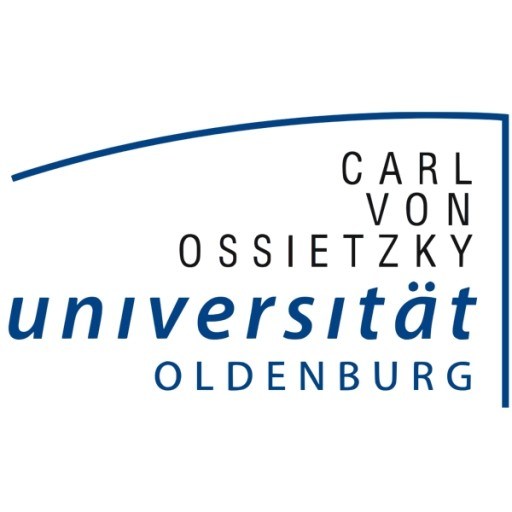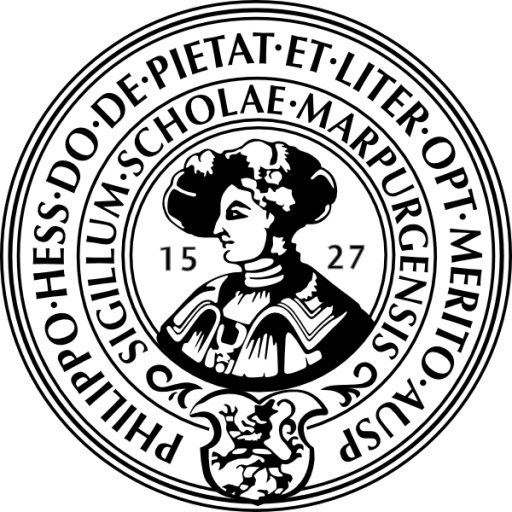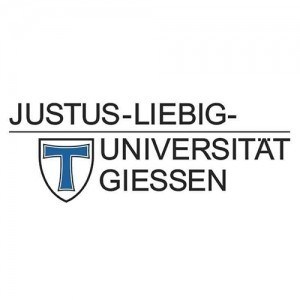Photos of university / #unigoettingen
Intercultural German Studies: Germany — China is an innovative and comprehensive degree programme offered by the University of Göttingen, designed to foster deep understanding and intercultural competence between Germany and China. This interdisciplinary programme integrates language proficiency, cultural studies, history, political science, and social sciences to equip students with the skills necessary to navigate and analyze intercultural interactions in both academic and professional contexts. The programme emphasizes linguistic skills in German and Chinese, combined with extensive cultural and societal insights related to both countries, enabling graduates to work effectively within international contexts, especially those involving German-Chinese relations.
Students enrolled in this programme gain a solid foundation in German and Chinese language acquisition, through rigorous coursework and practical language exercises. This linguistic expertise is complemented by modules in intercultural communication, which explore key differences and similarities in social norms, values, and communication styles. The curriculum also includes history, political science, and socio-economic modules that provide contextual understanding of both Germany and China’s development, cultural identities, and international policies. Through these multidimensional courses, students develop critical thinking skills and intercultural sensitivity, preparing them for careers in diplomacy, international business, cultural exchange, media, or academia.
The programme encourages international mobility, offering opportunities for study abroad in China or Germany, enabling students to immerse themselves in the cultures they are studying and practice their language skills in real-world environments. Interdisciplinary projects, internships, and seminars are integral parts of the programme, fostering practical experience and networking opportunities with relevant institutions and organizations. The University of Göttingen’s strong ties with institutions in both Germany and China enhance the learning experience, providing students access to a broad spectrum of resources, expert knowledge, and cultural activities.
Graduates of the Intercultural German Studies: Germany — China programme will be equipped to bridge cultural differences, promote mutual understanding, and contribute to Germany-China relations in various professional fields. They will possess language proficiency, cultural awareness, and interdisciplinary knowledge that make them competitive in the global job market, especially in areas requiring intercultural expertise. The programme’s ultimate goal is to prepare highly qualified graduates capable of fostering dialogue, collaboration, and intercultural exchange between Germany and China, contributing positively to international relations and multicultural societies.
Educational organisation
(1) The course is conceived as a German-Chinese dual degree programme and thus offers students the opportunity to complete a structured programme of study at the University of Göttingen and one of the two partner universities.(2) The study concept envisages Chinese and German students completing their studies together to the greatest possible extent and from the beginning of their studies entering into an intercultural study situation, working and learning cross-culturally in teams and tandems. In order to implement this concept, the programme is divided into two study phases.
(3) All students complete the first year of study together at the University of Göttingen. All students complete the second year of study in China, whereby an equal number of Göttingen students continue their studies at the partner universities in Nanjing and Beijing, respectively. The Nanjing and Beijing students return to their own university. The Göttingen students choose one of the partner universities, where they complete the second study year (third and fourth semesters).
(4) The structure of the course of study and the curriculum integrate the structural provisions of the German and Chinese higher education systems. They thereby combine a common subject area as a specific basis, compulsory for all students, with an academic and job-oriented differentiation of the various study focuses at the participating higher education institutions.
Study abroad unit(s)
Participants spend half of their study programme at the respective partner universities (for Göttingen students this is the third and fourth semesters in Nanjing or Beijing, for Nanjing and Beijing students this is the first and second semesters in Göttingen).Internships
An internship of 120 hours is to be completed during the spring break between first and second semester (for Chinese students in Germany) and during winter break between third and fourth semester (for German students in China).Forms of assessment
Forms of assessment are: tests (90 min), term papers (max 20 pages), oral examinations (15 min to 30 min), presentations (20 min), work placement (120 hours in different practical areas), one work placement report (max 10 pages) and, depending on the type of work placement, one presentation (10 min to 20 min) or one draft lesson plan (max 10 pages), and the Master's thesis (70 to 90 pages).Course objectives
The programme prepares its students for a range of activities in the area of German-Chinese cultural contact. This includes internationally active cultural, scientific and educational institutions, as well as political organisations and foundations, and business enterprises. The acquisition of advanced academic knowledge and the capability for independent academic work both in specific subject areas and in an interdisciplinary context are equally important.Through the occupationally-relevant transmission of specific subject-area knowledge and methodological-analytic skills, the theory and practice-oriented programme qualifies its students for these areas of activity and establishes the academic foundations for further study in PhD courses. The demands and experience of acquiring knowledge and of learning at the respective partner universities, as well as the fact that German and Chinese students study together throughout the course, are intended to encourage in particular the intercultural competence and cultural expertise of the students with regard to Germany and China.
Language requirements
1) Applicants whose native language is not German are required to be proficient in the German language at the level of DSH 2 or C1.1 in the Common European Framework of Reference for Languages. Proof of this proficiency is pursuant to the examination regulations of the German Language Examinations for Entrance to a Higher Education Institution by Foreign Students (DSH). A Bachelor's degree in a relevant area of study may be recognised as proof of the required language proficiency.(2) The language entrance requirements consist of proficiency in two modern foreign languages, of which at least one must be at the B2 level of the Common European Framework of Reference for Languages. Proof of this proficiency is given through possession of the Certificate of University Higher Education Entrance Qualification or an equivalent language qualification. For students whose native language is not German, German counts as one of the two foreign languages. Students whose native language is not Chinese must demonstrate 80 hours of Chinese lessons before they begin the programme.
Required DSH / TestDaF
YesAcademic requirements
(1) Prerequisite for entrance to the Master's programme is a Bachelor's degree of at least 180 ECTS credit points (six semesters) in German studies or a closely related area(2) If the native language of the applicant is not German, proof of adequate proficiency in the German language; if the native language is not Chinese, proof of not less than 80 hours of Chinese language studies
Enrolment fees
Enrolment fees are approx. 300 EUR per semester. Fees include a prepaid semester ticket that entitles students to use regional trains free of charge within the federal states of Lower Saxony and Bremen, as well as city buses. Students of the University of Göttingen receive discounts for cultural events. Meals and drinks are also available at reduced prices at all university canteens.See: http://www.uni-goettingen.de/fee
Costs of living
The average cost of living in Göttingen is modest compared to other major university cities in Germany. Currently, expenses for accommodation, food, health insurance, and books reach approx. 700-750 EUR per month. Please note that fees for health insurance may vary according to age. Living expenses might be slightly higher.Job opportunities
The university supports students in finding part-time jobs in local industries and businesses. A number of student jobs are also available at the university. Please note that restrictions may apply with your scholarship or work contract.Arrival support
The International Office provides a complimentary pick-up service ("Buddy Exchange Service") from the Göttingen railway station to the accommodation. German students help newly arrived students to adapt to the university and the city during their first weeks. There is also an orientation week for new international students, which provides valuable information about Göttingen and the university.See:
http://www.uni-goettingen.de/en/49307.html
http://www.uni-goettingen.de/en/196392.html
Services and support for international students
The International Office assists international students with all administrative questions regarding their stay in Germany, e.g., enrolment, visa, foreigners' registration office, health insurance, and financing of their studies. Furthermore, it features a broad cultural programme, e.g., international cultural evenings, language workshops, theatre courses, films, dance classes, theatre, and opera visits. Trips to various tourist destinations in Germany are offered throughout the year.See: http://www.uni-goettingen.de/en/48483.html
Accommodation
The International Office, in collaboration with the student services organisation ("Studentenwerk"), helps students find adequate accommodation. Many international students live in student residences. These have single apartments or shared apartments with individual rooms. There are also apartments available for couples and families with children.See: http://www.uni-goettingen.de/en/364086.html








